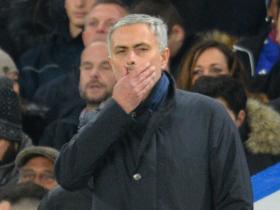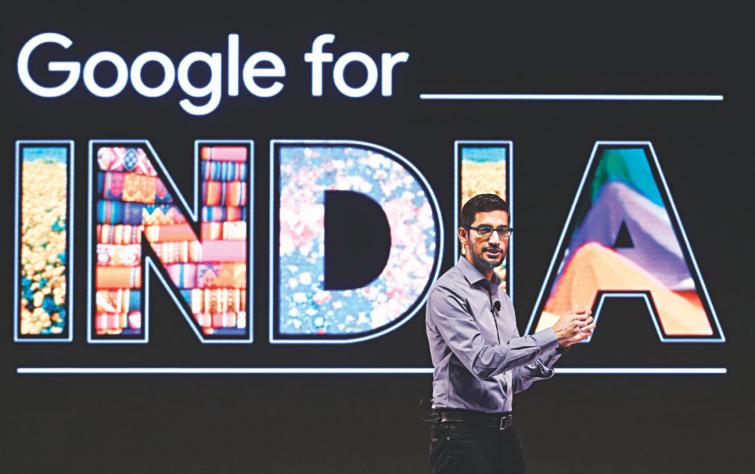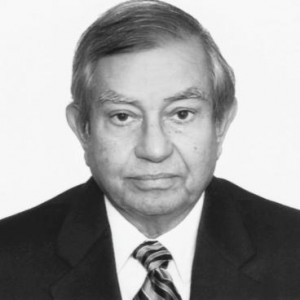Activists of Islami Chhatra Shibir chased away Bangladesh Chhatra League men who were placing wreaths at the Shaheed Minar of Chittagong College on the Victory Day yesterday.
Later, the two groups fought pitched battles near the college main gate, prompting police to fire shots in the air to disperse them.
The BCL men then returned to the campus and besieged the principal to her office for nearly half an hour, alleging that she was patronising Shibir.
The incidents left at least three youths — two BCL and a Shibir man — injured. Over 60 Shibir activists were detained by the law enforcers.
Later, the college authorities asked the students to vacate their dormitories.
Shibir is the pro-Jamaat-e-Islami student body. Jamaat opposed the birth of Bangladesh during the 1971 Liberation War. BCL is the pro-Awami League student body.
Chittagong City BCL General Secretary Nurul Azim Rony said yesterday’s clash ensued around 11:00am after Shibir men hurled brick chunks at some 30 to 40 BCL activists at the Shaheed Minar on the campus.
Organising Secretary Hasmot Ali Rasel of the BCL unit, who was present at the scene, alleged that the Shibir men locked the college main gate after driving them out of campus.
“The Shibir activists had also fired shots at us,” he said, adding that more brick chunks were thrown at them when they took position in front of the gate.
Witnesses said more activists joined the Chhatra League group there and they retaliated with brick chunks.
On information, members of nearby Chawkbazar Police Station stepped in and fired shots in the air to disperse both the groups, said Aziz Uddin, officer-in-charge of the police station.
Around 1:00pm, witnesses said, the BCL men went inside the campus through another gate and vandalised windows of some college buildings. There, they caught and beat up a Shibir activist.
However, police rescued him and took him into their custody.
The pro-ruling party activists then confined Principal Prof Jesmin Akther to her office for nearly half and hour, saying she was patronising Shibir — an allegation rejected by the teacher.
After being driven out of campus, the BCL men also blocked the nearby college road from around four hours, demanding that the college be freed from Shibir.
According to BCL leader Nurul Azim Rony, Chhatra League resumed politics in Chittagong College forming a convening committee in 2009 and by a full committee in 2012.
Kawsar Uddin, vice-president of Chittagong College BCL, said they went to the Shaheed Minar for the first time in three decades to place wreaths under the banner of their organisation.
Sources said Chittagong College and Mohsin College are known to be Shibir strongholds.
Shahadat Hossain, president of Chittagong College Shibir, could not be reached despite repeated attempts.
Additional law enforcers were deployed on campus.
DORMS CLOSED
In the evening, the authorities of Chittagong College closed the four dorms until further notice.
Principal Jesmin Akther said male students were asked to vacate their halls within 8:00pm yesterday and female students by 10:00am today.
She also said they decided to form a five-member committee to investigate yesterday’s incident.
Chhatra League men of the college attacked Mohsin College with brick chunks yesterday evening and damaged several windows of the buildings. This forced the Mohsin College authorities to close two of its dorms where around 170 students stayed.



